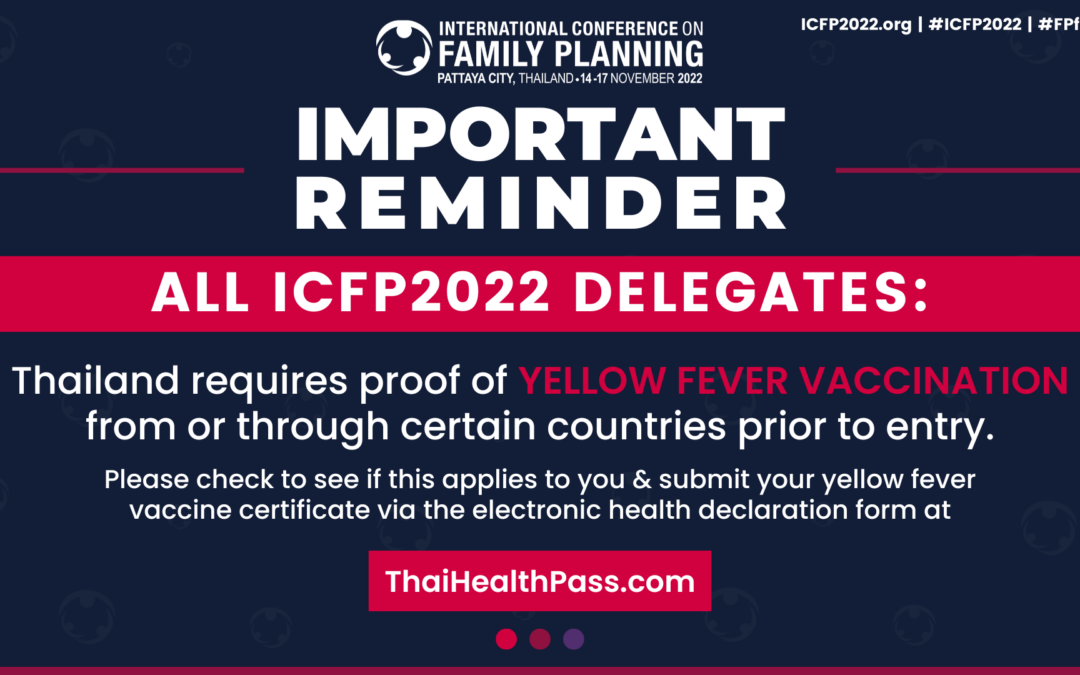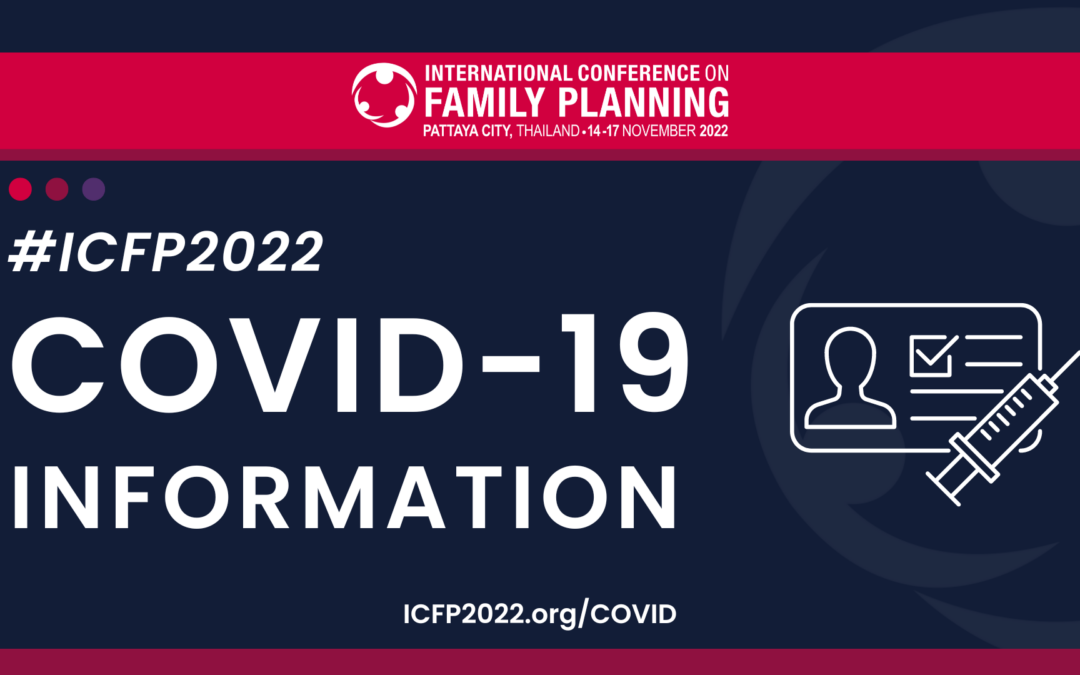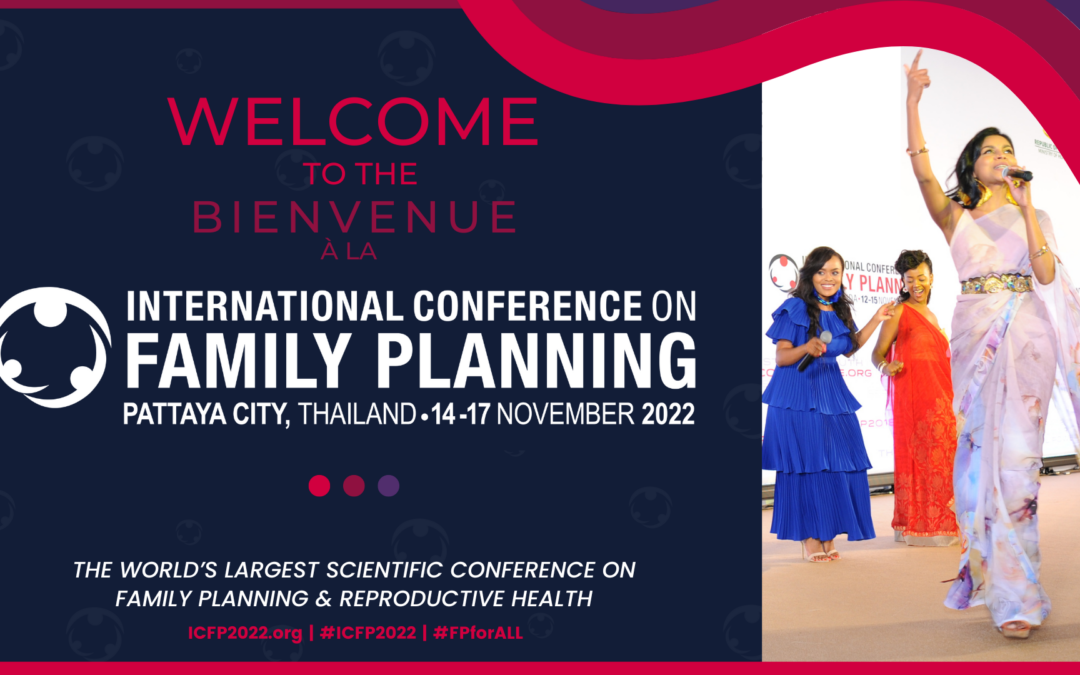Written by Suzanne Ehlers, President and CEO, PAI and Tamara Kreinin, Director of Population and Reproductive Health, the David and Lucile Packard Foundation
The case for investing in sexual and reproductive health—especially modern contraception—has always been simple: If women and girls can choose if and when to become pregnant, they can change the trajectories of their lives and transform communities through social and economic development. Sexual and reproductive health is a human right that affords individuals power and agency over their own lives.
Yet, for the millions of women and girls around the world who want to prevent pregnancy but are not using modern contraception, this fundamental right remains out of reach. Ensuring their access to sexual and reproductive health information and services is critical. But to ensure agency and dignity, women and girls need more than just access to services. They need quality services: the full range of contraceptive methods, the medically accurate information necessary to understand their risks and benefits, and care from trained providers who deliver competent, confidential, and non-judgmental care suited to a client’s stage of life. Ensuring quality also demands an examination of the institutions, norms, and policies that can either accelerate or hinder progress on sexual and reproductive health and rights.
The availability of quality services is both a litmus test for progress on fulfilling sexual and reproductive health and rights, and an outcome we must collectively demand as advocates, governments, and donors. Achieving that outcome will not happen without the long-term investment of financial and human resources by governments and donors, and increased partnership with civil society and across health sectors. We also need investments in the the tools and data to successfully chart progress and address setbacks based on our obligations to women and girls around quality of care.
The world has changed tremendously since the International Conference on Population and Development Program of Action, which turns 25 next year. There has been a steady and continual shift to put women and girls at the center—to bring services closer to people, to give users more control over contraceptive options, and to make health care more holistic and more responsive to the lived needs and experiences of individuals and communities. We see this from the growth in availability and accessibility of long-acting reversible contraceptive methods, to the greater integration of sexual and reproductive health services with other health interventions, to “hyper local” movements that devolve health services to the subnational level. There has also been a trend toward the legalization and liberalization of abortion laws and the recognition that access to safe abortion must be pillar of reducing maternal mortality and fulfilling sexual and reproductive rights. And finally, renewed efforts around the achievement of universal health coverage call for an inclusive approach to delivering all health care including sexual and reproductive health, which is integral to a complete, non-discriminatory health care system.
In short, there is a global movement towards quality. Yet, these efforts are incomplete, and in some cases, we have witnessed dramatic reversals in donor policy and a retreat from global leadership. The trend however, has been to move ever forward.
Today, we demand quality because we care about increasing the accessibility and availability of family planning and contraception, improving method mix and understanding the factors that drive discontinuation. We care about privacy, comprehensive sexuality education, about age-, cultural- and gender-appropriate interventions and access to safe, legal abortion. We also care about dismantling the norms and policies that prevent the delivery of high quality sexual and reproductive health services—and the stigma around sexual and reproductive health that prevents individuals from seeking the care they need and deserve. We care about this for all people but especially for adolescents and youth, unmarried people, and other hard-to-reach populations.
Despite setbacks, as a global community we have made significant progress on sexual and reproductive health and rights. Movements like FP2020 prove that partnerships between donors, governments and civil society can drive powerful results for women and communities. Improvements in quality have catalyzed that progress and must be sustained. We call on global actors to join us in demanding high quality sexual and reproductive health care for all and accelerate progress through concrete policy commitments and financial investments. Not only do we refuse to go back, but we believe that a focus on quality will drive the next decade of innovation in sexual and reproductive health and rights and ensure that every woman and girl—no matter where she lives in the world—can live with dignity and have a choice in decisions that affect her life.





